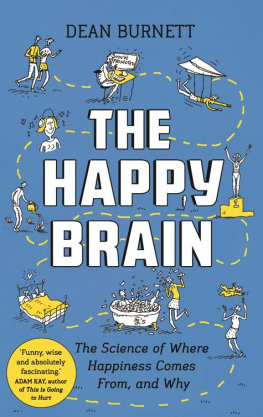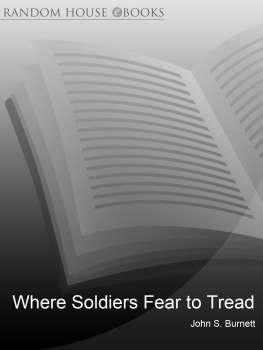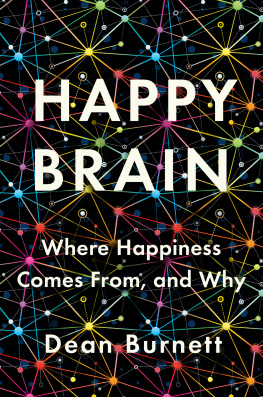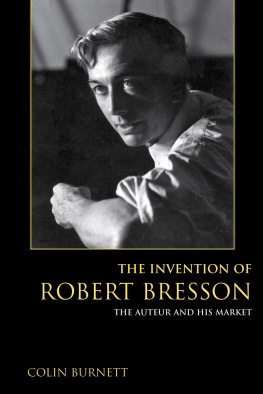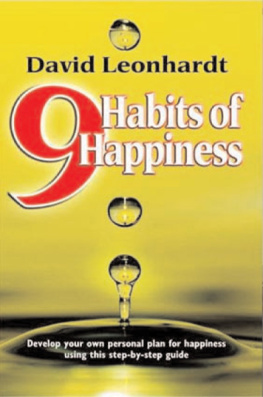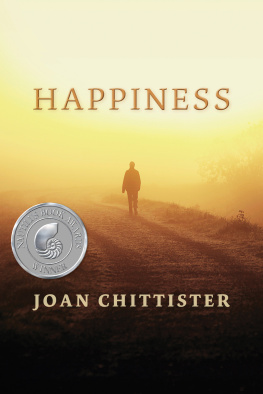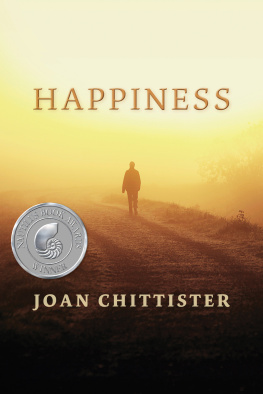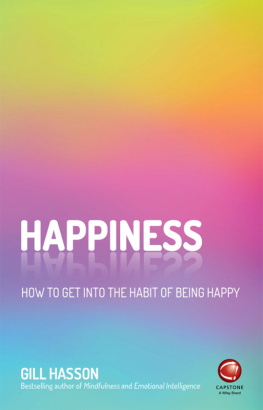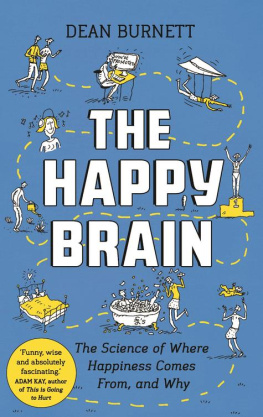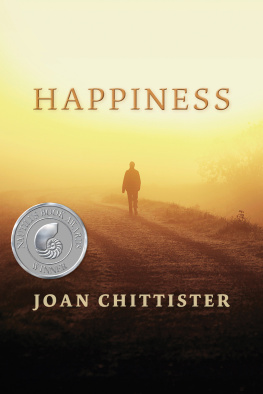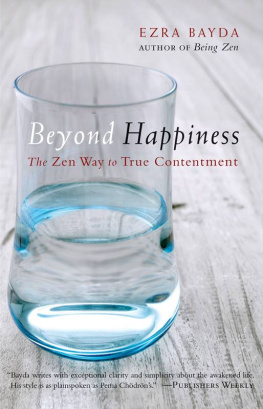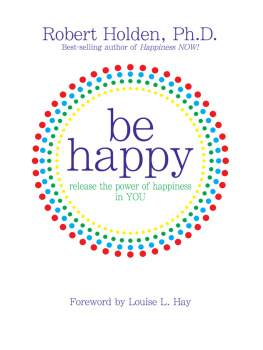Burnett - The Happy brain: where happiness comes from, and why
Here you can read online Burnett - The Happy brain: where happiness comes from, and why full text of the book (entire story) in english for free. Download pdf and epub, get meaning, cover and reviews about this ebook. City: New York, year: 2018, publisher: Guardian Faber Publishing;W.W. Norton & Company, genre: Romance novel. Description of the work, (preface) as well as reviews are available. Best literature library LitArk.com created for fans of good reading and offers a wide selection of genres:
Romance novel
Science fiction
Adventure
Detective
Science
History
Home and family
Prose
Art
Politics
Computer
Non-fiction
Religion
Business
Children
Humor
Choose a favorite category and find really read worthwhile books. Enjoy immersion in the world of imagination, feel the emotions of the characters or learn something new for yourself, make an fascinating discovery.
- Book:The Happy brain: where happiness comes from, and why
- Author:
- Publisher:Guardian Faber Publishing;W.W. Norton & Company
- Genre:
- Year:2018
- City:New York
- Rating:5 / 5
- Favourites:Add to favourites
- Your mark:
- 100
- 1
- 2
- 3
- 4
- 5
The Happy brain: where happiness comes from, and why: summary, description and annotation
We offer to read an annotation, description, summary or preface (depends on what the author of the book "The Happy brain: where happiness comes from, and why" wrote himself). If you haven't found the necessary information about the book — write in the comments, we will try to find it.
The Happy brain: where happiness comes from, and why — read online for free the complete book (whole text) full work
Below is the text of the book, divided by pages. System saving the place of the last page read, allows you to conveniently read the book "The Happy brain: where happiness comes from, and why" online for free, without having to search again every time where you left off. Put a bookmark, and you can go to the page where you finished reading at any time.
Font size:
Interval:
Bookmark:

To everyone who bought my first book.
This is all your fault.
As a wise philosopher once said, Happiness, happiness, the greatest gift that I possess. Aristotle, I think. Or possibly Nietzsche? Sounds like something hed say. No matter, the point is valid; happiness is important.
But what makes anyone happy? Why are different people made happy by different things, and at different times? Whats the point of happiness? Is there one? The reason I was interested was because I was meant to be writing a second book, but I had no idea what it should be about. Everyone I asked gave different suggestions, but eventually always said, Just write about what makes you happy. As a very literal, scientifically minded type, I tried to look this up: what does make us happy? But all I found was an avalanche of management fads and techniques, cod philosophy, self-help manuals, life coaches and gurus, all of varying degrees of dubiousness, and all insisting that they definitely knew the secret to happiness, no matter who you are. I wouldnt mind so much, but barely any of these secrets matched up, suggesting that a lot of them might be nonsense.
Case in point, here are some real headlines from the UKs notorious Daily Mail newspaper: Forget cash how sex and sleep are the key to happiness; Key to happiness? Start with 50k a year salary; Why the secret to happiness is having 37 things to wear; Is treating yourself like a baby the key to happiness?; Key to happiness for over-55s? Buying a new pet and going for a day trip with lunch at a pub every month; The key to happiness? Handing out cakes on the street; and so on. Make of that what you will.
Even more annoying for a doctor of neuroscience, science writer and apparent go-to guy for mainstream commentary on brain-based news like me, is that a lot of these so-called secrets invoke my discipline, or constantly refer to some valid-sounding-but-unspecific aspect of the brains functioning, like dopamine or oxytocin or emotion centres, in support of their claims. If youre an experienced neurobod, you can easily spot when someone is just borrowing the terminology of your field to sound credible, rather than actually having any useful understanding of it.
And I thought, you know what? If youre going to exploit my field, at least put some effort into it. Sure, the brain isnt perfect, Im often the first person to point that out, but its still one of the most fantastically and terrifyingly complex things to study. To truly explain how the brain deals with happiness would take more than a vague two-line summary or a smattering of impressive-sounding terminology, it would take a whole book
And thats when it dawned on me. I could write that book! The one about how the brain really handles happiness at the fundamental levels. And thats the book youre holding now. Because if theres one thing I do, its go to ridiculous extremes to settle minor grievances, even if the party that caused them remains blissfully unaware of my existence.
So, this is a book about happiness and where it comes from in the brain. What causes it, and why? What makes our brains like certain things so much, but not others? Is there some sure-fire way of inducing happiness in any human brain like so many seem to claim, suggesting that happiness is like tapping a password into an online bank account? Can eternal happiness actually exist and would it be desirable, anyway? Wouldnt experiencing the same thing day-in day-out for years on end be more likely to drive you to the edge of madness than provide everlasting satisfaction? And more.
One thing that is abundantly clear from the sheer variety of supposed secrets to happiness is that it has an undeniably strong subjective element. We all have different ideas of what makes, or will make, us happy, be it wealth, fame, love, sex, power, laughter, and so on. And yet we can only ever truly know what works for us. So, I wanted to include insights from a wide range of people from different walks of life, to see what makes them happy (or not). As a result, I ended up talking with stars of stage and screen, millionaires, leading scientists, journalists, ghost-hunters and one person who well, lets just say that in no other research Ive done did I ever hear the term sex dungeon used so freely and so often.
I should warn you though, that this is not meant to be a self-help book, or some model for how to live a happier and fuller life, or anything like that. Im just fascinated by the brain and all that it does, and one of the things it does is allow us to experience happiness. It was my intention to explain, to the best of my abilities, how it does this. I hope youre happy with that. Although if youre not, Ill understand why.
And once youve read the book, so will you.
Would you like to be stuffed into a tube? Head first?
Dont answer yet, because theres more.
Would you like to be stuffed head first into a tube, a cold and confining one, where youre not allowed to move? For hours at a time? A tube that makes incredibly loud noises, an ongoing din of clicks and screeches like an enraged metal dolphin?
Pretty much everyone would say no if asked this question, before hurriedly seeking out the nearest authority figure. However, imagine not only agreeing to this, but actually volunteering for it. Repeatedly! What sort of person would do that?
Well, me. Yes, Ive done this many times. And I would do it again if asked. I dont have a weird and incredibly specific fetish, but I am a neuroscientist, a keen student of the brain and a science enthusiast, so in the past Ive volunteered for various neuroscience and psychology experiments. And since the dawn of the current millennium, many of these experiments involved having my brain probed by fMRI.
MRI stands for Magnetic Resonance Imaging, a complex hi-tech procedure which uses powerful magnetic fields, radio waves and several other types of tech-wizardry to produce very detailed images of the inside of a live human body, revealing things like broken bones, soft tissue tumours, liver lesions and alien parasites (probably).
But more attentive readers will have noticed that I referred to fMRI. The f is important. It stands for functional, so its functional magnetic resonance imaging. This means that the same approach used to look at the structure of the body can be adapted to observe the activity of the working brain, allowing us to witness the interactions occurring between the countless neurons that make up our brains. It may not sound that impressive, but this activity is essentially the basis of our mind and consciousness, in much the same way that individual cells make up our body (cells combine in complex ways to form tissues, which combine in complex ways to form organs, which combine to form one functioning entity that is you). Scientifically speaking, this is a fairly big deal.
But why am I telling you this? Were supposed to be looking at where happiness comes from, whats with the detailed description of advanced neuroimaging techniques? Well, while it would be dishonest of me to deny that talking about complex neuroimaging methods does indeed make me happy, there is a much simpler reason.
You want to know where happiness comes from? Well, what is happiness? Its a feeling, or an emotion, or a mood, or a mental state, or something like that. However you define it, it would be extremely hard to deny that its something that is produced, at the most fundamental level, by our brains. So there we go, happiness comes from the brain. Thats everything wrapped up in a page, right?
Font size:
Interval:
Bookmark:
Similar books «The Happy brain: where happiness comes from, and why»
Look at similar books to The Happy brain: where happiness comes from, and why. We have selected literature similar in name and meaning in the hope of providing readers with more options to find new, interesting, not yet read works.
Discussion, reviews of the book The Happy brain: where happiness comes from, and why and just readers' own opinions. Leave your comments, write what you think about the work, its meaning or the main characters. Specify what exactly you liked and what you didn't like, and why you think so.

